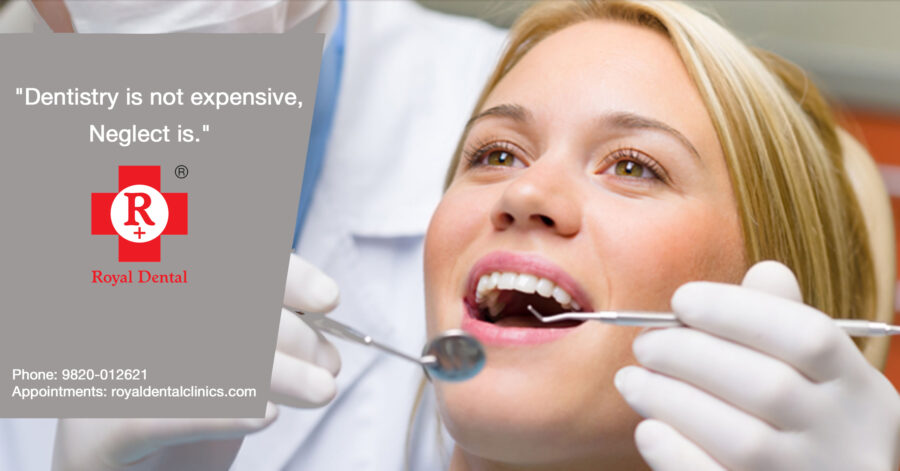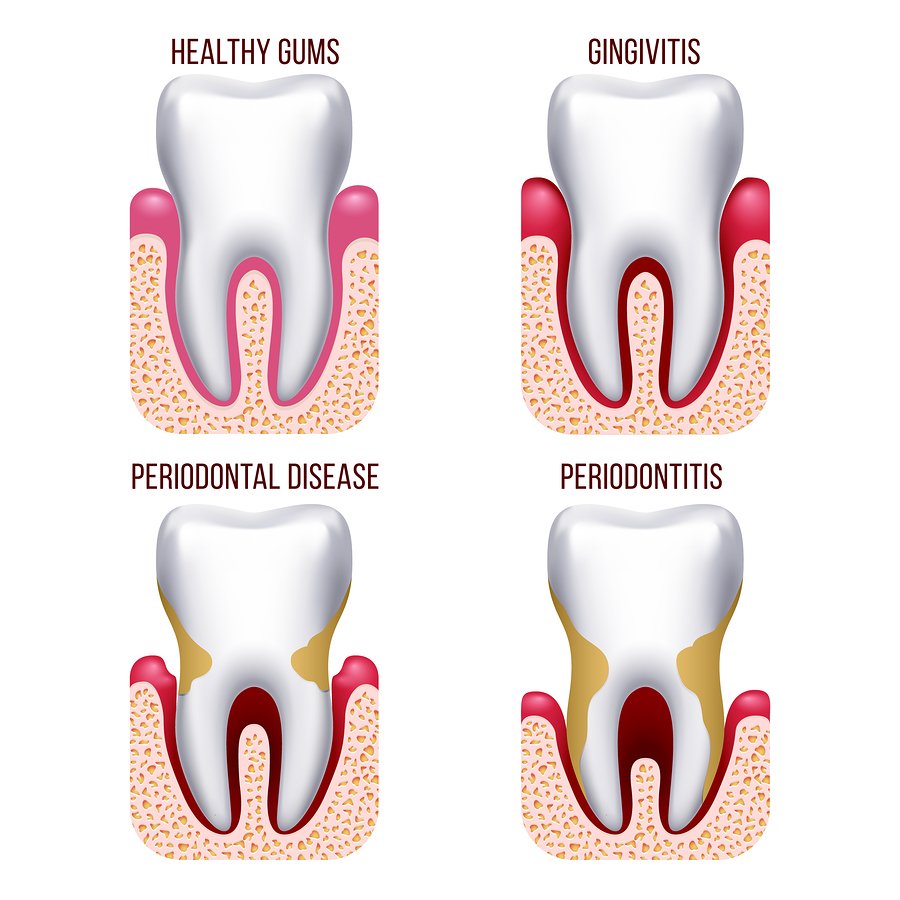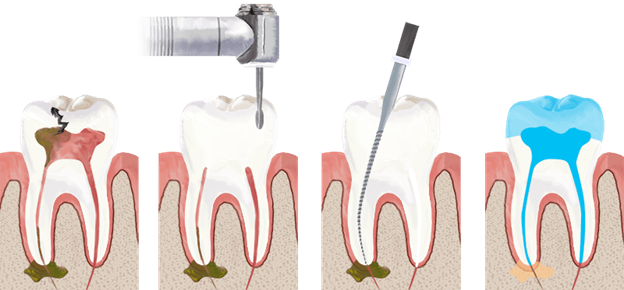General dentist and dental specialists are both important roles when it comes to oral health care. Whether you have a small problem with your teeth or need treatment for something more serious, these professionals can help. Both general and specialist have different levels of training in dentistry that allow them to address different oral health concerns. Depending on your needs, one may be a better fit than the other. Let’s take a look at the basic differences between general dentists and specialists, so you can choose the right professional for your situation.


What is a general dentist?
A general dentist in dentistry practices general dentistry. This is known as a “general” because they have a wide range of areas of expertise. General dentists are trained to provide all types of dental care, from routine cleanings to complicated restorative procedures. General dentist typically treat patients of all ages and work with patients to develop long-term dental care plans. They may specialize in one or more areas of dentistry, such as children’s dentistry or orthodontics.

Who is a Dental Specialist?
A dental specialist is a dentist who has specialised in a specific area of dentistry. There are many different types of specialties, including orthodontics, periodontics, paediatric dentistry, and oral surgery. Specialists often have more training and experience in one or two areas of dentistry. For example, an orthodontist is who specialises in correcting misaligned teeth. An oral surgeon is a dentist who specializes in treating oral and facial trauma.
Dental specialist and procedure
Dental specialists undergo extra training and education beyond the general dentist curriculum. This training allows them to provide more specialized care for patients with specific needs, such as treating tooth decay, removing teeth, and performing dentures. Some dental specialists may work exclusively with patients who have particular conditions or needs. For instance, an orthodontist is a dentist who specializes in correcting teeth that are misaligned. General doctors can also provide these services, but orthodontists are specifically trained to treat misaligned teeth.





Dental practices with General dentist and specialist
Some dental practices employ both general dentists and specialists. A general dentist may consult with a specialist when a patient’s needs exceed the dentist’s expertise. In this case, the patient is treated by both the general dentist and the specialist. Orthodontists and periodontists are examples of specialists who may work in a dental practice with a general dentist.
A general dentist may consult with an orthodontist to provide advice and treatment for patients with misaligned teeth. Or a general dentist may consult with a periodontist to provide advice and treatment for patients with periodontal disease.
Should you see a dentist or a specialist?
It is important to find a dentist who can address all of your dental needs. The best way to do this is to research the different types of dentists and their areas of expertise. A general doctor who specialises in treating a wide range of issues is a great choice for most patients. A specialist is a great choice for patients who need treatment for a specific condition or who require a higher level of care. For example, if you need braces or have a complicated tooth extraction procedure, you should see an orthodontist or periodontist.
Conclusion
Choosing a dentist is an important decision that can affect your oral health for the rest of your life. Although general dentists and specialists each play an important role in the dental field, their training and experience levels vary. Therefore, it is important to do your research and select who can address all of your dental needs.
Follow Us For More Updates





